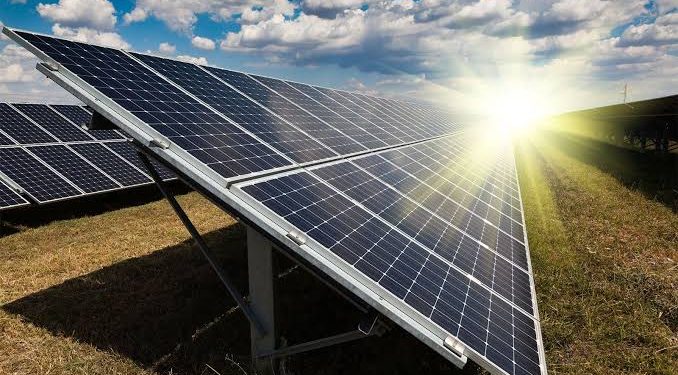The Nigerian government has installed solar energy systems in 24 federal tertiary institutions to provide them with 24-hour electricity.
This is part of the Energising Education Project (EEP), a federal initiative under President Bola Tinubu’s administration. The goal is to improve electricity supply across universities and teaching hospitals using clean, reliable solar power.
At a recent event in Abuja, the Minister of Education, Dr. Tunji Alausa, announced that eight more universities will join the fourth phase of the project. “This project brings continuous, 24-hour electricity to our institutions,” Alausa said. “It allows for increased academic activity, powers laboratories and libraries throughout the day and night.”
The University of Abuja, now renamed Yakubu Gowon University, is one of the first beneficiaries. It currently runs on a solar farm made up of 6,000 panels, which generate 3.3 megawatts daily—enough to meet the campus’s energy needs.
Dr. Alausa emphasized the impact of constant power on campus life. “Any campus is a community by itself. With constant power supply, you unleash high economic activity,” he said.
The project is funded through the Renewable Infrastructure Fund, which supports cross-sectoral infrastructure growth in Nigeria.
Abba Aliyu, head of the Rural Electrification Agency (REA), said the project has already impacted over 600,000 students and 50,000 staff across its earlier phases. “The aim is to ensure that universities have a sustainable and affordable electricity supply,” he said.
Aliyu added that more than 100 megawatts of solar electricity have already been installed nationwide.
The eight new universities in Phase 4 include: University of Ibadan, Ahmadu Bello University, University of Lagos, University of Nigeria Nsukka, Obafemi Awolowo University, University of Benin, Federal University Dutse, and Federal University Wukari.
By 2027, the government plans to bring renewable energy to every federal tertiary institution in the country.
The EEP, led by the REA, is working to solve the long-standing power shortages in Nigerian education. It aims to create a better learning and research environment through clean, dependable electricity.
Dr. Alausa urged university leaders to “think creatively and innovatively” to ensure the project’s long-term success.






















































